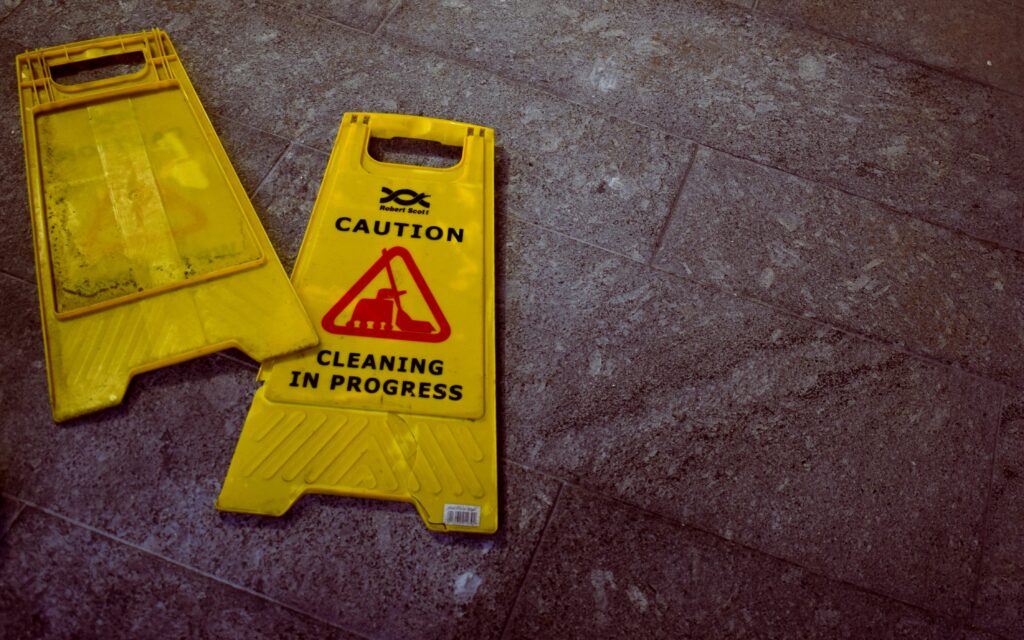
The average American spends around six to seven hours a week cleaning up, according to the American Institute of Cleaning. That amount of time is not something that everyone may have, which is why professional cleaning crews are there to help with keeping spaces cleaner. In order to ensure that you get the best service possible, cleaning professionals make sure that newer technologies are embraced, leading hi-tech solutions to cause a shift in the cleaning industry.
Online Booking And Real-Time Monitoring
51% of service providers and retailers are offering same-day, on-demand services, according to Prateek Saxena of Appinventiv. On-demand apps have made it easier to connect consumers and service providers, and the cleaning industry is no different. This new technology has effectively added more ways for consumers to book cleaning service – be it professional window cleaning or other types of building maintenance. A key element to online and app booking is the availability of real-time monitoring through GPS and video surveillance. These elements put more power in the hands of the consumer, and cleaning companies that use them are deemed more trustworthy. An on-demand app also provides an opportunity for consumers to leave comments and reviews without having to directly communicate with cleaners. So cleaning services are given client feedback without the risk of confrontation.
Big Data And Analysis
The use of big data and analysis is relatively new in the realm of industrial cleaning, but it is catching up fast. For example, the brand Baynum makes use of big data gathered from hospitals, offices and stadiums to allow partner cleaners and managers to have real-time tracking of which bins need emptying and which areas need immediate attention. The information provided by big data ensures that manpower is only utilized when necessary. Therefore, Baynum and other cleaning businesses make use of data-driven cleaning to optimize their services and lower costs. In smaller-scale businesses, big data allows them to streamline their services with each job completed. This gives them an opportunity to only offer services that are in-demand for their area of operation.
Using AI we can analyze large amounts of cleaning-related data to identify patterns, optimize cleaning schedules, and streamline operations. By analyzing historical data, AI systems can predict peak cleaning times, optimize resource allocation, and improve overall cleaning effectiveness. In addition, Internet of Things (IoT) devices and smart sensors can be integrated into cleaning equipment and infrastructure to collect data on cleanliness levels, occupancy rates, and maintenance needs. This data can then be used to optimize cleaning schedules, allocate resources effectively, and identify areas that require immediate attention.
AI for Energy Efficiency in the Cleaning Industry
AI can enhance energy efficiency in the cleaning industry through various means. It can optimize the usage of cleaning equipment by analyzing data on usage patterns and adjusting power settings accordingly. AI can integrate with smart sensors and IoT devices to gather real-time data on occupancy levels and adjust cleaning schedules accordingly, reducing energy consumption during low-activity periods. Additionally, AI can control and optimize lighting systems based on occupancy and natural light levels, minimizing energy waste. Predictive maintenance powered by AI ensures that equipment operates efficiently, minimizing energy inefficiency caused by malfunctions. AI can analyze energy consumption data, provide insights for optimizing energy usage, and identify sustainable practices. Overall, AI-driven energy efficiency in the cleaning industry reduces operational costs, environmental impact, and aligns with sustainability goals.
The cleaning industry is one that will always figure out better ways to serve the customer. In this case, the use of new-age solutions is about making cleaning more efficient and less time-consuming. It is certainly fascinating to consider how else new technology and AI will continue to shift the existing methodologies of the cleaning industry.

